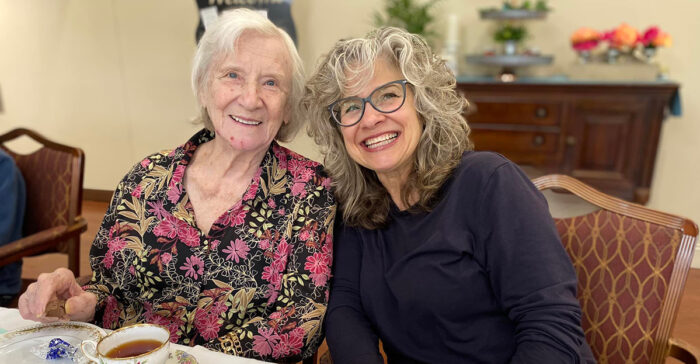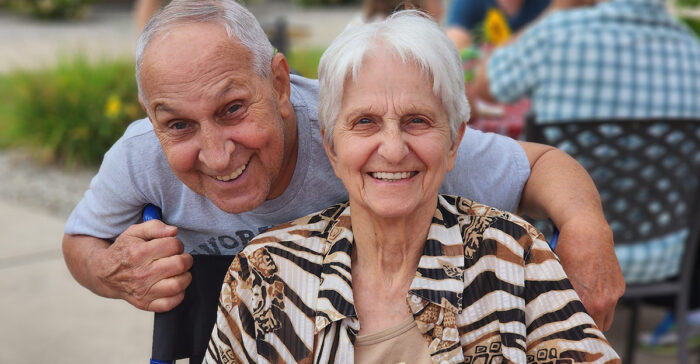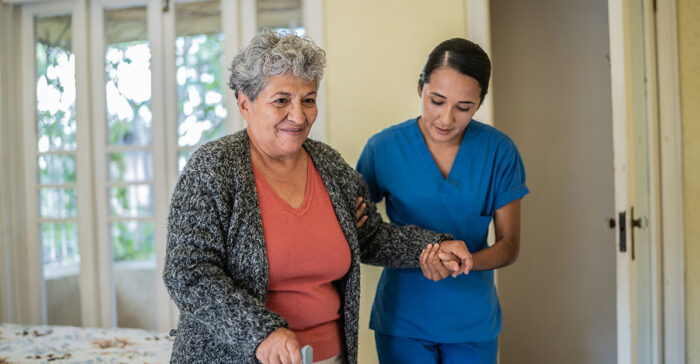Deciding when to transition your loved one to an assisted living community is not a task taken lightly. While you and your senior may wish to stay at home forever, assisted living communities could be the smarter and safer choice. Learn how to spot some of the signs that your senior is ready for assisted living.
Health And Safety Concerns
Health scares and safety concerns are the most obvious and alarming signs that a senior may need assisted living. As we age, normal household tasks can become dangerous, especially when living alone. Something as simple as walking downstairs could pose a large threat. Signs that your loved one is unsafe at home include, but are not limited to:
- Recent falls
- Rapidly deteriorating health
- Wandering or getting lost while driving
- Loss of memory and more
Struggling With Household Tasks
Even if your loved one is not experiencing safety concerns at home, there are other small signs that he or she may need extra assistance. Changes in behavior, different eating habits and declining personal hygiene are potential indicators that your loved one is having a tough time managing at home. Other red flags that your loved one could be struggling include:
- Dying or dead plants
- Misplacement of objects
- Increasing clutter or mail
- Unwell or uncared for pets
Don’t Have Caregiver Burnout
You are no good to your loved one if you are neglecting your own health and personal needs. While many choose to take care of seniors at home, be sure to keep your own needs in mind. If your loved one begins requiring additional care or if you are beginning to feel run down, it may be time to transition him or her into an assisted living community.
Learn The Next Steps With StoryPoint
If your loved one is showing these signs, it may be wise to begin speaking with him or her about assisted living. For tips on how to start the conversation, or to learn more, reach out of one of our Community Specialists.











